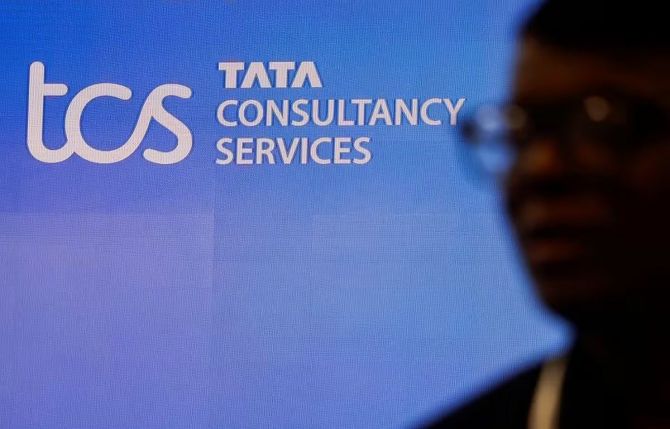Tata Consultancy Services (TCS) on Tuesday ruled out cutting down on hiring, saying it has no plans of doing so but it may have to pace hiring according to the evolving demand scenario.

TCS is the largest Indian software exporter in terms of headcount, revenue and profit.
The statement comes amidst a report that the software industry is going soft on hiring as demand falters from their key markets and some of them are even going back on their campus offers.
Last week, the industry body Nasscom said the industry added only 60,000 jobs in FY2023-24, taking the overall headcount to 5.43 million.
"As we are already seeing some green-shoots in the economy we need more people for more work.
"In fact, we have no plans to reduce our hiring plans and will continue to hire the same way as we have been doing.
"Probably we will have to change the hiring phase, but no cutting down on our hiring plans, for sure," TCS chief executive K Krithivasan said in a Nasscom session.
TCS employs more than 6 lakh people.
Krithivasan also said the company continues to be cautiously optimistic in the medium to long term.
During the December quarter earnings presser last month, the company did not offer a hiring number, though.
For the quarter, TCS reported an 8.2 per cent growth in net profit for the seasonally-weak quarter at Rs 11,735 crore, driven by a massive growth in the home-market but a 3 per cent degrowth in its largest market US from where it nets over two-thirds of its income.
Krithivasan said more than 2 lakh or around 35.7 per cent of their over 6 lakh workforce are women.
On generative AI, the CEO said everybody wants to leverage GenAI, so there are a lot of opportunities.
But he warned that critical thinking cannot be replaced by technology.
"Critical thinking, the ability to do strategic planning and creativity will not be replaced by AI.
"GenAI in its initial phase, will only assist humans and not transform them," Krithivasan said.
On the company's push to get staffers back to offices, the CEO said that important learning comes from seeing colleagues and seniors at work, and such lessons can't be taught if people work from home.
"I believe work from home/hybrid model is not the right way to grow both individually as well as for organizations.
"As an organization, we value collaboration and camaraderie and this cannot be achieved through Zoom calls or other online medium.
"Also, as much 30-40 per cent of our associates have joined us since the pandemic and if they don't come to the office, how do they learn these values and organizational cultures?
"Because the most important learning comes from seeing how seniors are doing a job.
"We are not for work from home, because we believe that working from office is the right way of working.
"Almost 100 per cent of our customers are keen to get their workforce back to office and almost every one of them believes that the right thing to do is work from office," the CEO added.











 © 2024 Rediff.com -
© 2024 Rediff.com -